What Does It Mean When a Child is Attached to a Stuffed Animal?
Childhood attachments to stuffed animals are a common and heartwarming phenomenon. Many of us have fond memories of clutching a beloved teddy bear or a fluffy bunny as we drifted off to sleep. But have you ever wondered what it means when a child becomes particularly attached to a stuffed animal? This article delves into the psychological, emotional, and developmental significance of these cherished companions.
Emotional Security and Comfort
One of the primary reasons children become attached to stuffed animals is the sense of security and comfort these toys provide. Stuffed animals often serve as a constant, soothing presence in a child's life. They are soft, huggable, and offer unconditional companionship. During moments of fear, anxiety, or sadness, a stuffed animal can be a reliable source of comfort, helping children navigate their emotions.
Example:
Imagine a toddler waking up from a bad dream. In the darkness and confusion, reaching out for their favorite teddy bear can provide immediate relief and reassurance. This sense of security can help the child settle back to sleep more easily, knowing their trusty companion is by their side.
Transitional Objects
Psychologist Donald Winnicott introduced the concept of "transitional objects" in the 1950s. These are items, often soft toys or blankets, that help children transition from the total dependence of infancy to the independence of later childhood. Transitional objects provide a bridge between the safety of parental care and the challenges of the outside world.
Example:
A child starting daycare for the first time might find comfort in bringing their stuffed animal along. The familiar scent and feel of the toy can ease the anxiety of separation from their parents, making the new environment feel less intimidating.
Emotional Expression and Development
Stuffed animals can also play a significant role in a child's emotional development. Through imaginative play, children often project their feelings onto their toys. This process allows them to explore and understand their own emotions in a safe and controlled environment.
Example:
A child might act out scenarios with their stuffed animal, such as comforting it when it "gets hurt" or putting it to bed. These actions can mirror the child's own experiences and provide insight into their emotional world. By caring for their toy, they learn empathy, compassion, and nurturing behaviors.
Cognitive Development and Problem-Solving
Interacting with stuffed animals can also foster cognitive development. Through play, children develop language skills, storytelling abilities, and problem-solving strategies. Stuffed animals often become characters in a child's imaginative adventures, helping to enhance creativity and cognitive flexibility.
Example:
A child might create elaborate stories involving their stuffed animal, building entire worlds and narratives. This kind of play encourages cognitive skills such as sequencing, memory, and abstract thinking.
Coping Mechanism
In challenging or stressful situations, children often turn to their stuffed animals for comfort. These toys can provide a sense of stability and normalcy, helping children cope with changes, trauma, or loss. The familiarity of a beloved stuffed animal can be incredibly grounding during turbulent times.
Example:
During a family move to a new city, a child's stuffed animal can serve as a comforting constant amidst the upheaval. The toy can help the child feel more secure and less anxious about the changes in their environment.
Conclusion
A child's attachment to a stuffed animal is a multifaceted and meaningful phenomenon. These cherished companions offer emotional security, aid in developmental transitions, and provide a safe outlet for emotional expression. By understanding the significance of these attachments, parents and caregivers can better support their child's emotional and developmental needs. So, the next time you see a child clutching their favorite plush toy, remember that it's more than just a cute sight – it's a vital part of their growth and well-being.
Additional Tips for Parents
1. Respect the Attachment: Understand that your child's attachment to their stuffed animal is important. Respect their need for this comfort object and avoid forcing separation.
2. Encourage Play: Encourage imaginative play with stuffed animals as it promotes cognitive and emotional development.
3. Provide Reassurance: Use the stuffed animal to help your child navigate new or challenging situations, offering it as a source of comfort and stability.
4. Observe and Learn: Pay attention to how your child interacts with their stuffed animal. It can provide valuable insights into their emotional state and developmental progress.
By embracing the importance of stuffed animals in your child's life, you can help foster a sense of security, emotional growth, and imaginative exploration that will benefit them for years to come.

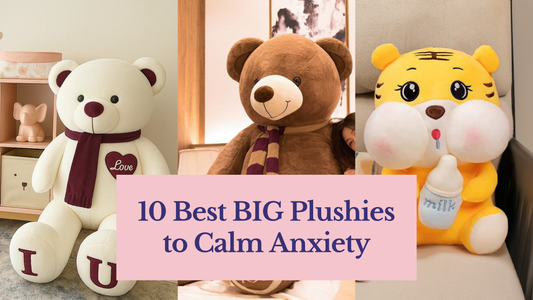
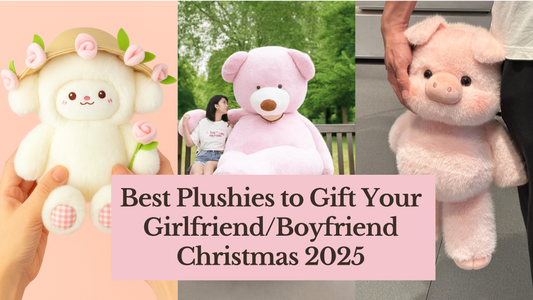
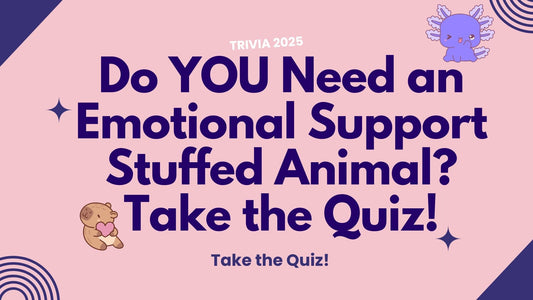
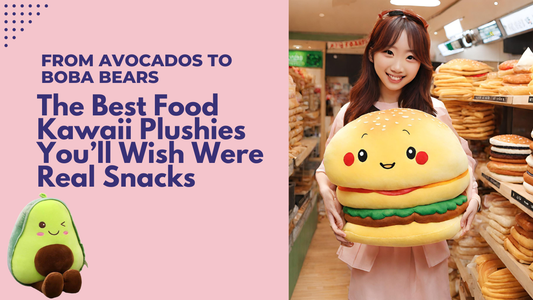

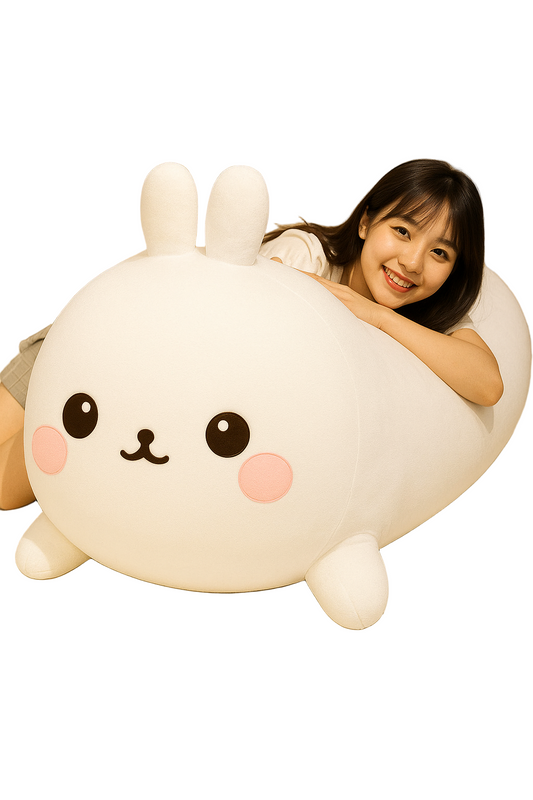
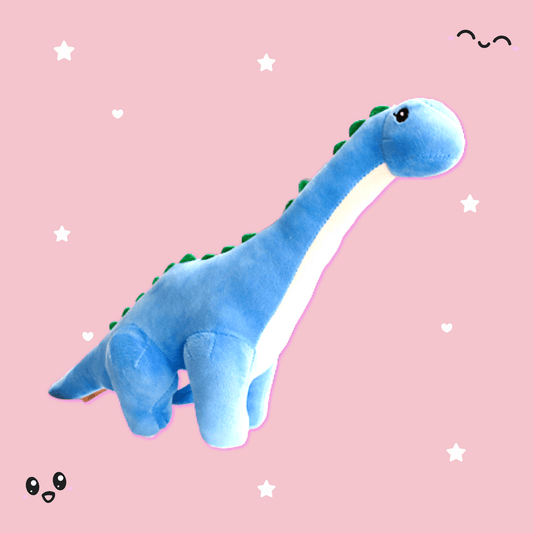
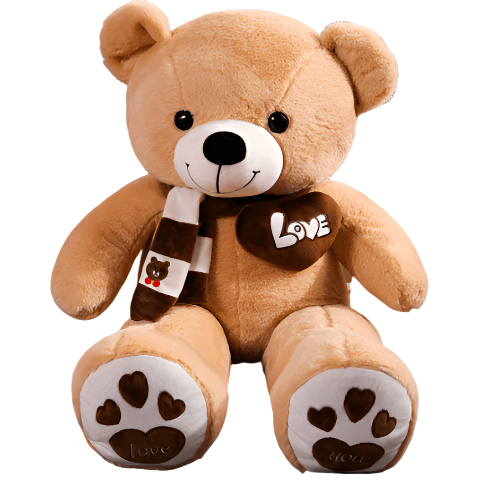
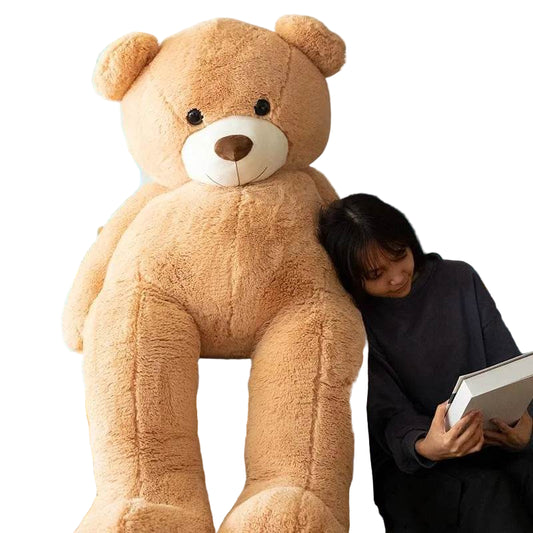
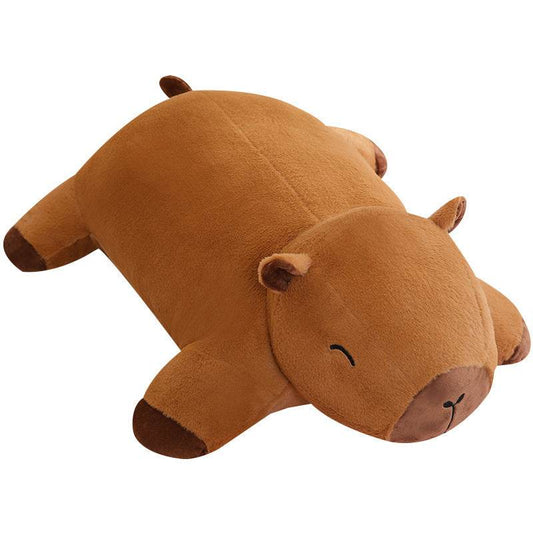
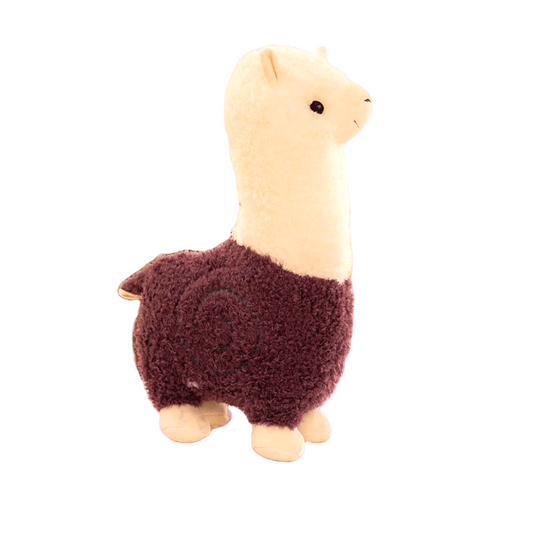
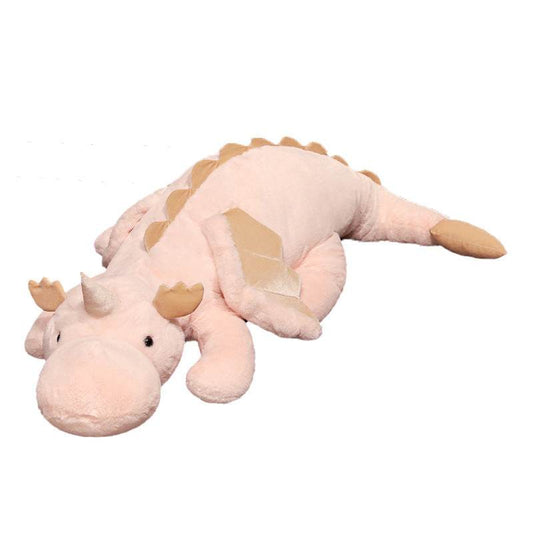
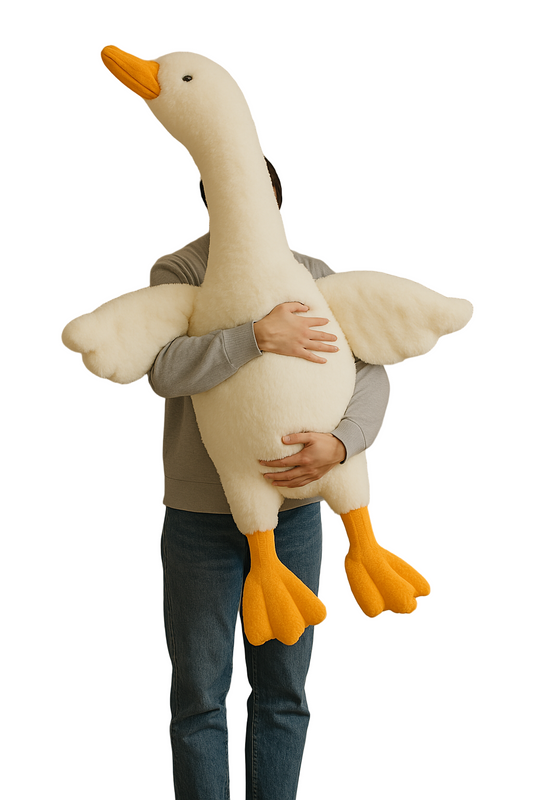
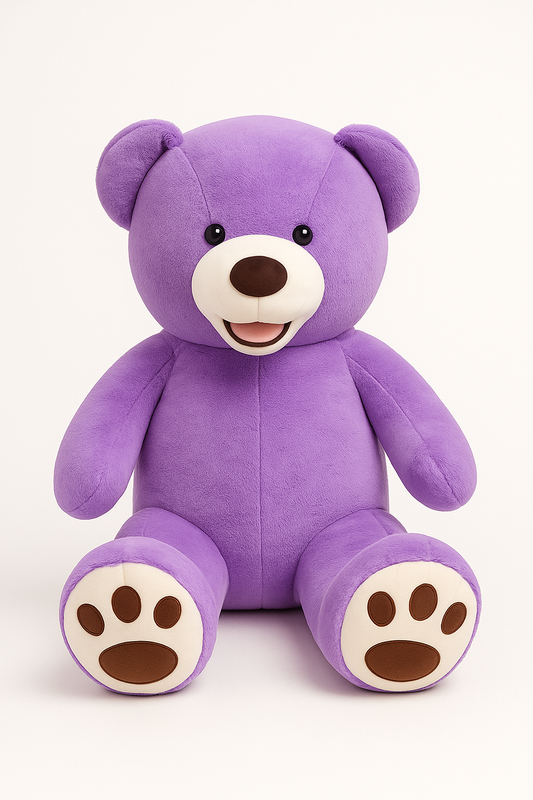
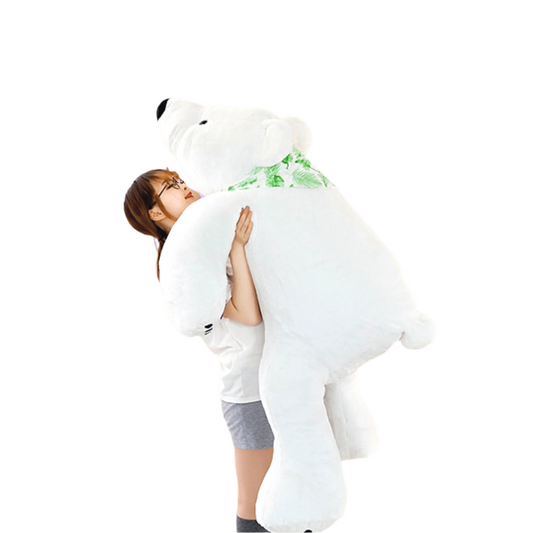
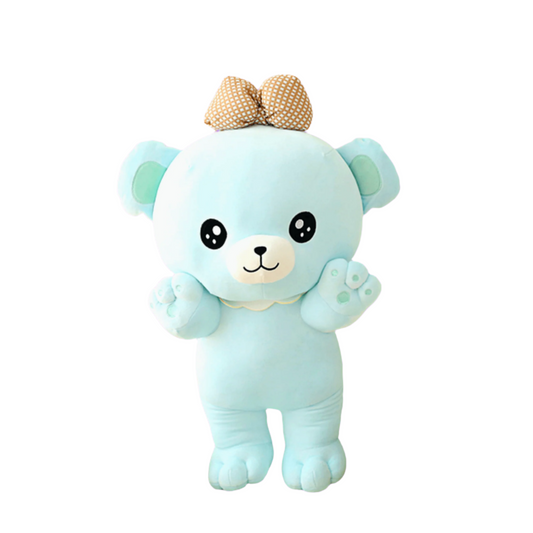
1 comment
Could a child’s attachment to a stuffed animal be a sign of deeper emotional needs or unresolved traumas? How can parents and caregivers navigate this attachment in a way that promotes emotional growth and security for the child?",
"refusal